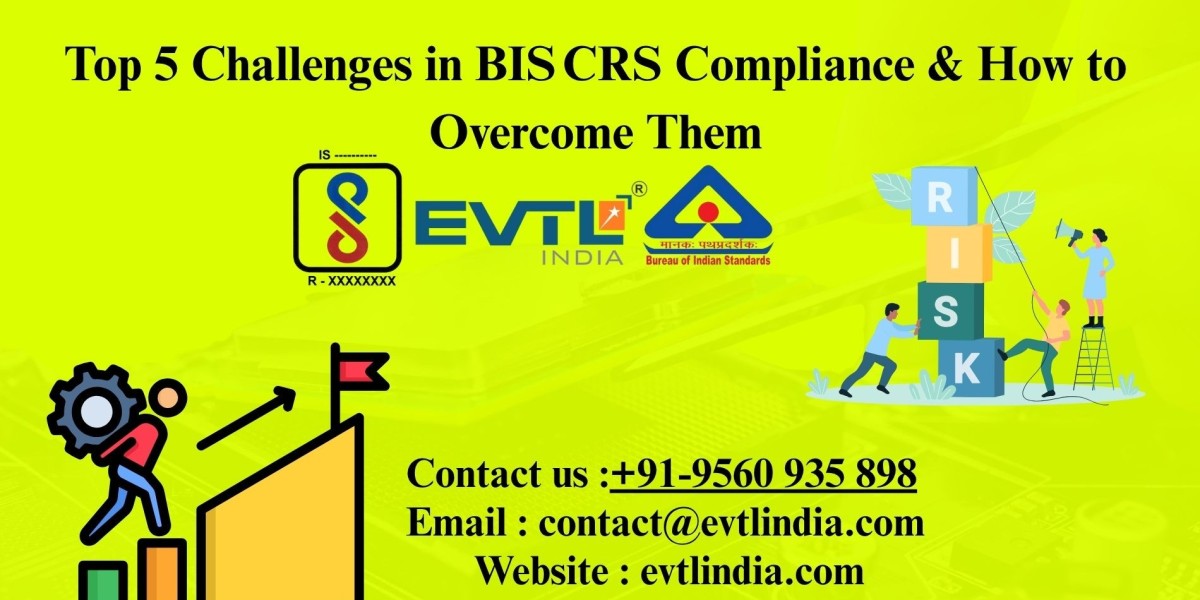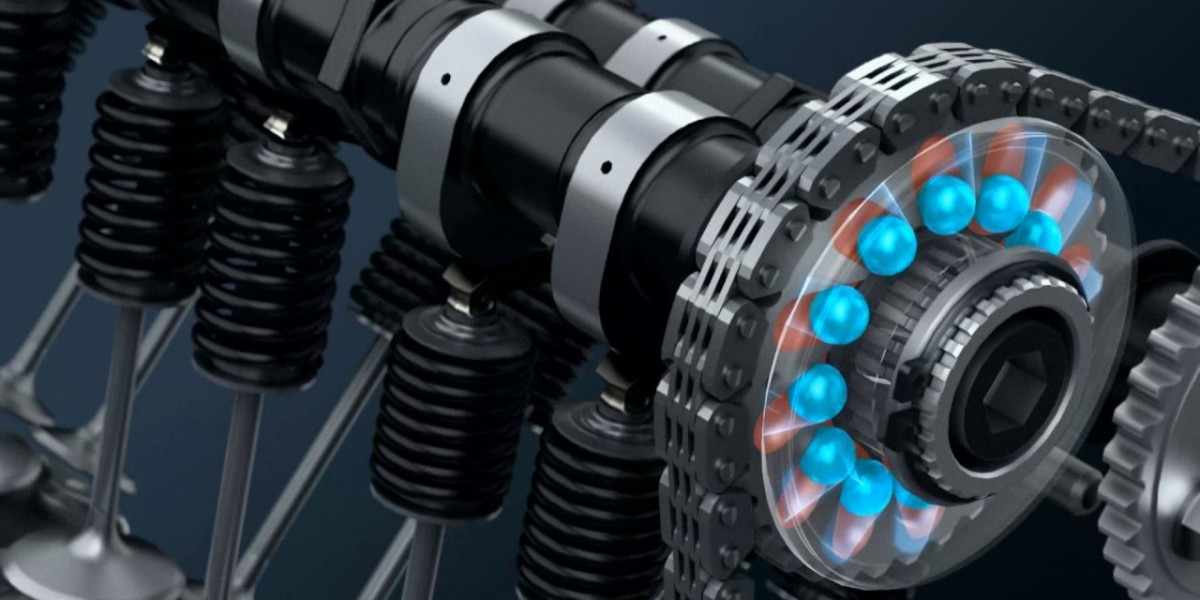Achieving BIS CRS compliance is crucial for businesses dealing in electronic and IT products, covering everything from BIS CRS Certification and BIS CRS Registration, to BIS Certification for Electronic Products, deploying a BIS CRS Agent, handling BIS CRS Import from China, and benefitting from MSME Relaxation for BIS CRS. However, navigating this landscape isn't without its hurdles. Let's explore the top five challenges and practical solutions.
1. Complex Documentation & Registration Process
The Challenge
The BIS CRS Registration process demands a mountain of documentation—product specs, circuit diagrams, test reports, affidavits, proof of MSME registration, GST/PAN/licensing documents, and an Authorized Indian Representative (AIR) for foreign manufacturers Missing or incorrect papers can stall approval and cost valuable time and money .
How to Overcome It
Use a complete checklist covering every required document (Form‑1, Form‑2, Form‑3, AIR letter, testing certificates).
Hire a qualified BIS CRS Agent who understands every nuance of the portal and required filings.
Engage early on MSME Relaxation for BIS CRS: MSMEs often get fee waivers or discounts, reducing both administrative and financial burden .
Validate documents before submission: ensure test reports are from BIS‑recognized labs and authorizations are correctly notarized.
2. Rigorous Testing & Technical Alignment
The Challenge
Products under BIS Certification for Electronic Products must be tested in accredited labs against specific Indian Standards (IS). Failures or minor deviations can result in costly redesigns and retests.
How to Overcome It
Conduct pre-testing in trusted third-party labs to identify issues early.
Collaborate closely with BIS-approved labs, or engage your BIS CRS Agent to manage testing effectively.
Embed compliance in product design—reference relevant IS standards like IS 13252 (IT equipment), and systematically test for electromagnetic safety, battery performance, and more.
Document iterative improvements, showing BIS authorities proactive measures taken.
3. Navigating Changing Standards & Rules
The Challenge
BIS frequently updates its Quality Control Orders, Technical Regulations, and standards list—impacting both new certification and renewal processes. Lack of awareness may render current registrations invalid
How to Overcome It
Subscribe to BIS announcements and monitor MeitY updates.
Schedule regular internal audits of existing BIS CRS Certification to ensure ongoing compliance.
Tap into expert help from your BIS CRS Agent, who can track changes and assist with timely renewals or revisions.
Leverage MSME Relaxation for BIS CRS to ease cost/time for re-registration due to standard updates.
4. Challenges in Importing Products—Especially from China
The Challenge
When handling BIS CRS Import from China, you might face customs delays due to incomplete compliance documentation, unknown labeling rules, or missing test reports. Customs may flag uncertified shipments, requiring expensive retests or delays
How to Overcome It
Choose suppliers experienced with BIS certification and share documentation requirements in advance.
Ensure pre-shipment inspections and lab tests are done in accredited Indian labs prior to dispatch.
Prepare full compliance kits (AIR letter, test certificates, BIS Registration Number, labeling proof) for customs.
Engage a customs-clearing specialist familiar with BIS requirements to avoid last‑mile surprises.
5. Cost & MSME Integration for BIS CRS
The Challenge
The cost of obtaining BIS CRS Certification—including lab fees, registration, renewal, and agent charges—can be overwhelming, especially for smaller firms. A Reddit user highlighted how "consultants charge 3× to 25× ... while enterprise grade electronics ... 22× to 25×" the government rates
How to Overcome It
Register early as an MSME and avail MSME Relaxation for BIS CRS—including fee concessions (20–80%) and priority processing through May 2026 evtlindia.com.
Opt for transparent, reputable BIS CRS Agents who don’t charge hidden premiums.
Bundle products for certification to reduce per-product costs.
Explore government incentives (e.g., startup discounts, women entrepreneur rebates) to maximize cost savings.
Bonus Challenge Factory Audits & Maintaining Compliance
The Challenge
Though BIS CRS focuses on product testing (not factory audit), failure to maintain quality, technical data, or sample conformity can trigger compliance issues during random checks or renewals.
How to Overcome It
Set up internal controls such as mock audits, SOPs, batch traceability, and technical record logs.
Train teams on BIS marking, packaging standards, and document retention.
Retest critical products periodically to ensure ongoing conformity.
Implement continuous improvement to adapt proactively to standard updates.
Conclusion
Successfully completing BIS CRS Registration, obtaining BIS CRS Consultant and complying with post‑certification norms requires diligence and expert coordination. Here's what you can do:
Map the full compliance landscape – documentation, testing, registration, inspection, imports, renewal.
Engage a NIST‑certified BIS CRS Agent or consultant to funnel expertise.
Leverage MSME Relaxation for BIS CRS wherever eligible to reduce both costs and delays.
Proactively monitor regulatory changes and update processes accordingly.
Plan customs and imports carefully, especially when sourcing from China or other vendors, ensuring test certificates are in place.
With clarity, the right support, and compliant infrastructure, your organization can confidently navigate BIS Certification for Electronic Products and access India’s massive and regulated market.
FAQs
Q1. What is the difference between BIS CRS Registration and BIS CRS Certification?
BIS CRS Registration refers to securing a BIS-assigned number confirming compliance.
BIS CRS Certification refers to the actual credential granted after test results validate compliance.
Q2. Are foreign manufacturers eligible for BIS CRS Registration?
Yes, provided they appoint a locally based Authorized Indian Representative (AIR) who submits applications, affidavits, and receives the certificate
Q3. Do I need factory inspection under CRS?
No. CRS emphasizes product testing rather than factory site inspections. Factory audits are only required under other BIS schemes like ISI or FMCS
Q4. How long is a BIS CRS certificate valid, and what about renewal?
Typically valid for 2 years. Renewal involves submitting updated test reports and paying renewal fees to maintain market authorization .
Q5. What is MSME relaxation for BIS CRS?
MSMEs receive fee concessions (20–80%) and priority processing under Scheme‑X, reducing the financial impact of certification. The benefits run through May 2026








